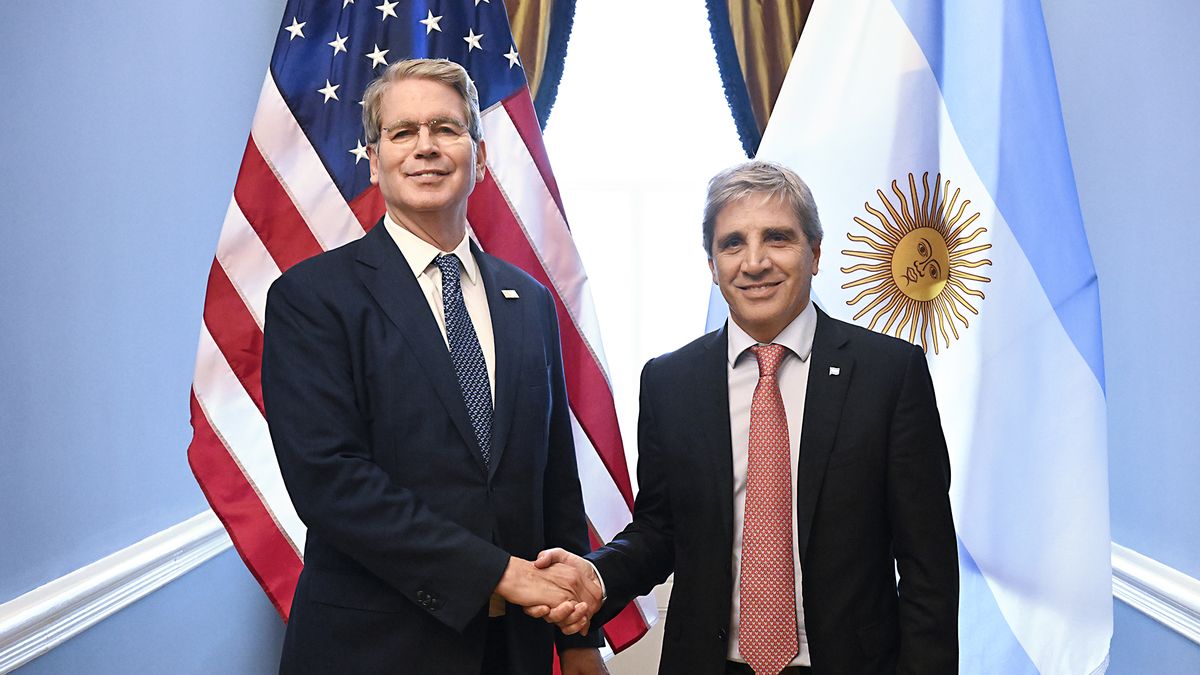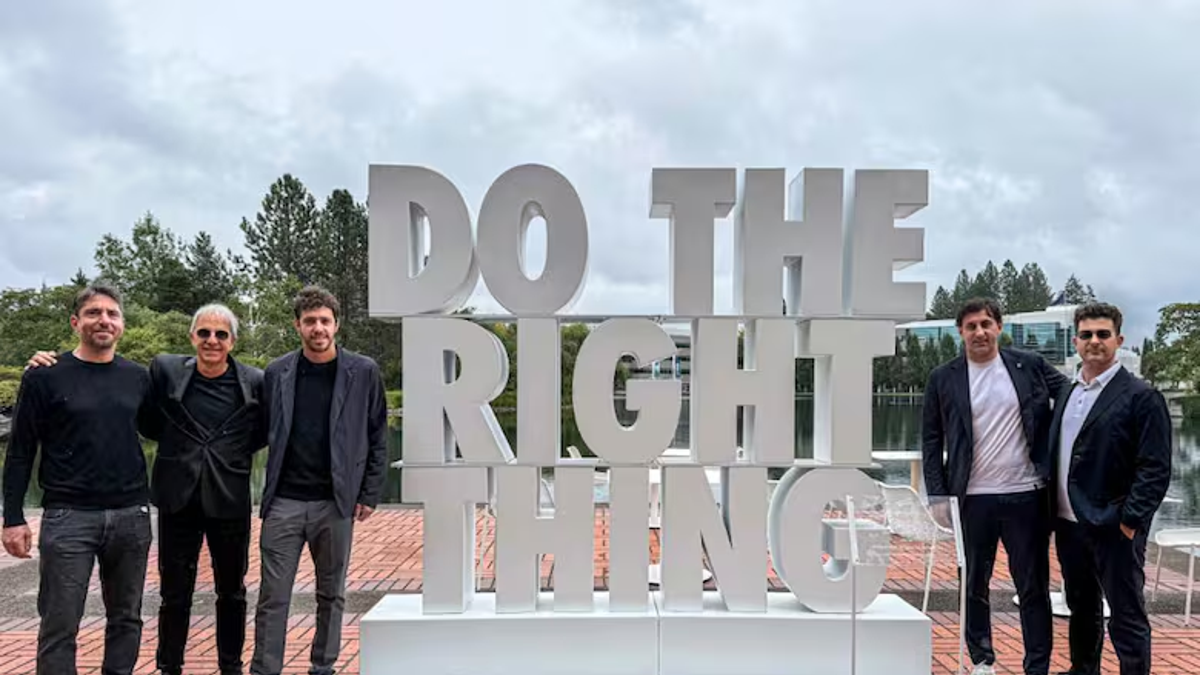Problems with supply chains, global crises – the federal government wants to minimize the consequences of these uncertainties for Germany as an industrial location. This should also succeed with more circular economy.
Chancellor Olaf Scholz (SPD) aims for Germany to play a leading role in the circular economy with long-term reuse of raw materials and materials. “Our goal is to become a global pioneer for circular technologies and products,” said Scholz at a meeting of the Alliance for Transformation on Tuesday in Berlin. It was the fourth meeting between the federal government and leaders from business, trade unions, associations, science and civil society.
Scholz cited batteries and construction as examples of circular economy. “We are currently developing a national circular economy strategy, which we will launch very soon,” said the Chancellor.
“Not just waste separation and can deposits”
“It’s no longer just about waste separation or can deposits,” said Scholz. “The circular economy offers the opportunity to become less dependent on importing important raw materials by reusing more.” The Russian attack on Ukraine and the current crisis in the Middle East clearly demonstrate the consequences such crises would have on energy prices, security of supply and the global economy. “The potential of the circular economy is enormous,” said Scholz. “According to studies, a circular economy could generate around 12 billion euros in additional gross value added annually by 2030 and create new jobs.”
Environment Minister Steffi Lemke also sees great potential in circular economy. “In times of scarce resources, disrupted supply chains and high raw material prices, we must align the economy so that raw materials are reused for as long as possible,” said the Green politician. This strengthens the company in international competition.
DGB boss Yasmin Fahimi said circular economy is important – “of course with a view to environmental protection”. “But it is also important because critical raw materials will not be available at will.” Cost and supply chain risks could be reduced. “We need even more dynamism in these issues, even more funding and support and a reduction in energy prices so that overall we can actually succeed as a network location,” warned the DGB boss at the same time.
Source: Stern




